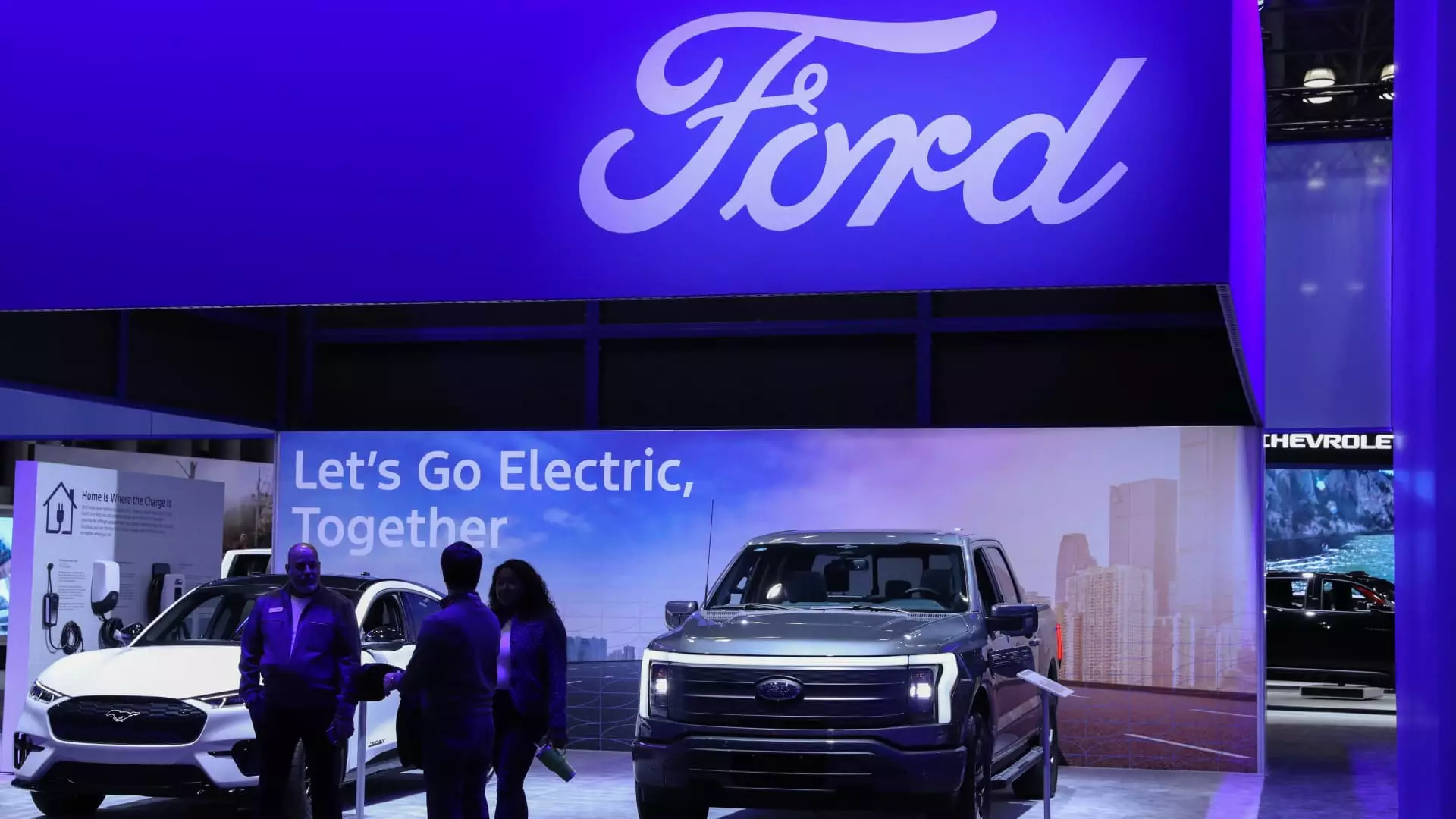Ford Motor’s recent announcement to delay production of a next-generation all-electric pickup truck at a new plant in Tennessee and cancel plans for a three-row electric SUV marks a significant shift in the company’s electric vehicle strategy. Instead, Ford is now prioritizing the development of hybrid models and electric commercial vehicles in an effort to better deliver a capital-efficient, profitable electric vehicle business.
Hybrid Models Take Center Stage
The decision to focus on hybrid models comes as Ford CFO John Lawler emphasized the company’s competitive advantage in the commercial land trucks and SUVs market. By developing a new electric commercial van in 2026, followed by two EV pickup trucks in 2027, Ford aims to align its offerings with the evolving preferences of consumers in the marketplace.
Lawler also mentioned a shift in the company’s future capital expenditure plans, reducing the spending on all-electric vehicles from 40% to 30%. This strategic adjustment reflects Ford’s commitment to maintaining financial sustainability while navigating the rapidly changing landscape of the automotive industry.
While the decision to delay production of the all-electric pickup truck and SUV may lead to short-term costs for Ford, the company anticipates a more sustainable and profitable business model in the long run. Ford expects to incur a special noncash charge of about $400 million for the write-down of certain manufacturing assets, with additional expenses and cash expenditures of up to $1.5 billion.
Ford’s CFO Lawler emphasized the importance of being nimble and responsive to customer feedback in shaping the company’s electric vehicle strategy. The focus on providing customers with more electrification choices reflects Ford’s commitment to meeting the evolving needs and preferences of the market.
Ford’s future plans include the rollout of a new generation of EVs starting with a commercial van assembled at Ford’s Ohio Assembly Plant in 2026. The company aims to achieve profitability within the first year of launching new electric vehicles, signaling a strategic shift towards sustainable growth and financial performance.
Ford Motor’s decision to reevaluate its electric vehicle strategy by prioritizing hybrid models and electric commercial vehicles underscores the company’s commitment to adapting to market dynamics and meeting customer demand. By focusing on profitability and capital efficiency, Ford aims to position itself as a leader in the evolving landscape of electric vehicles. The upcoming developments and updates in electrification, technology, profitability, and capital requirements will provide investors with valuable insights into Ford’s strategic direction.


Leave a Reply